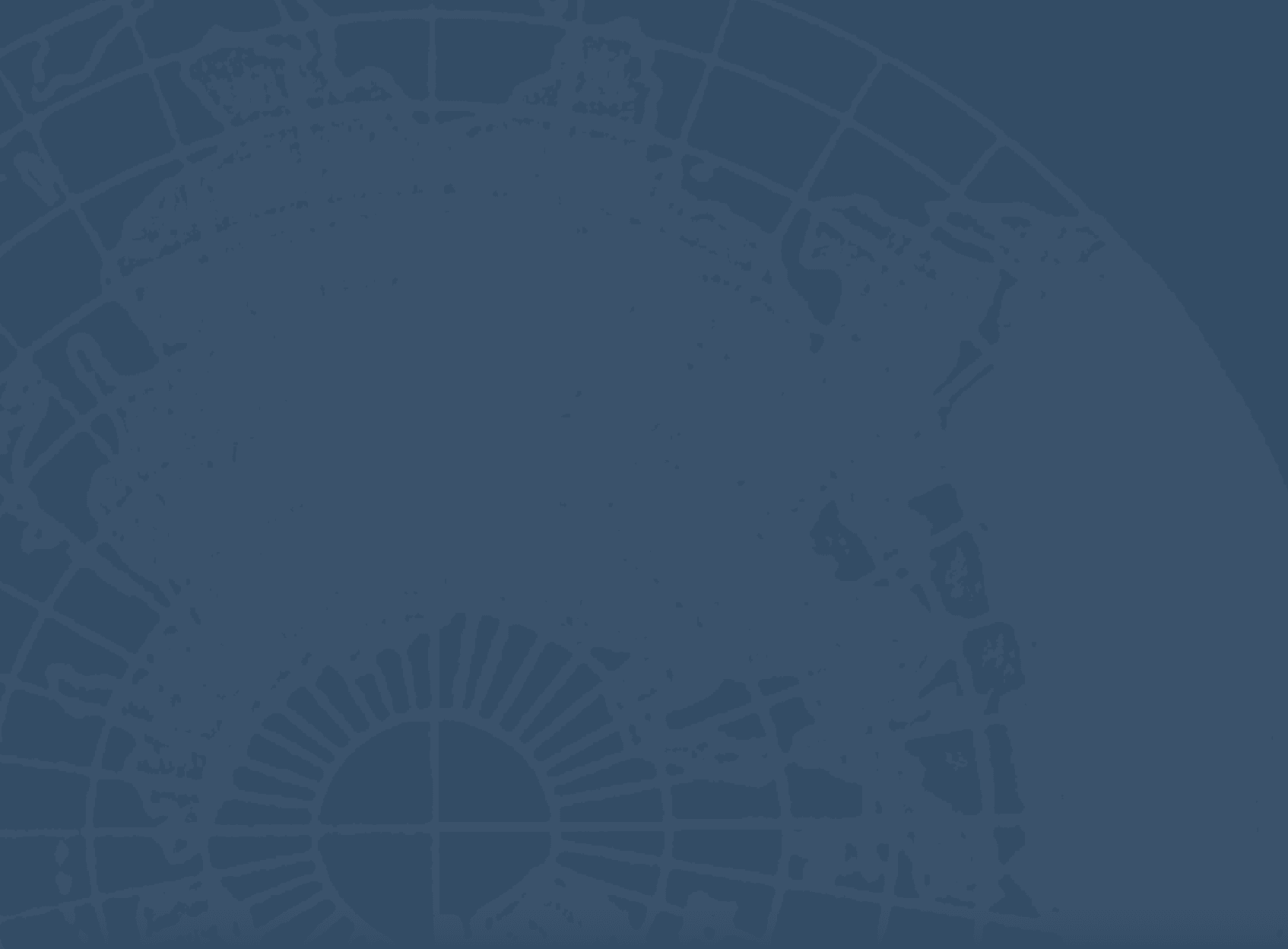
Inside the Home, Outside the Law Abuse of Child Domestic Workers in Morocco
This report looks at child labor by girls under age eighteen who perform household tasks while living with their employers. Young girls engaged in child domestic labor are referred to as “petites bonnes” in Morocco, a term without a specific age cutoff but which is meant to differentiate between them and older girls or women engaged in domestic labor. We place special emphasis on the treatment of girls under fifteen in this report because girls in that age group are most vulnerable to abuse and least likely to have the emotional, cognitive, and social resources to remove themselves from an abusive situation. In recognition of this vulnerability, both international law and Moroccan law prohibit children under fifteen from working. In addition, international law prohibitions on hazardous labor, forced labor, the sale and trafficking of children, labor that interferes with education, and unconditional worst forms of child labor apply to all children under eighteen.
We assess the treatment of child domestic workers according to international law, as set forth in the CRC, the Worst Forms of Child Labour Convention, and other international human rights instruments. These instruments establish that children have the right to freedom from economic exploitation and hazardous labor, the right to freedom from trafficking for forced labor, and the right to an education, among other rights.
Our findings are based on field research conducted in Casablanca, Rabat, and Marrakech in May 2005, and follow-up phone and electronic mail contacts through November 2005, as well as a review of previous studies and statistics on child labor prepared by Moroccan and international governmental and nongovernmental bodies. During the course of the research we spoke with fifteen current and former child domestic workers; educators working with child domestics; staff from ten Moroccan NGOs working in the field of child labor; officials from the Moroccan League for the Protection of Children (Ligue Marocaine pour la Protection de l’Enfance, LMPE); the Moroccan Ministry of Employment and Professional Development; the Moroccan Secretariat of State for Family, Solidarity, and Social Action; the ILO’s International Programme for the Elimination of Child Labour (ILO-IPEC) program officer in Morocco; and UNICEF’s child protection officer in Morocco. In some instances educators and NGO staff who critiqued government policies asked that they or their organization not be cited by name to avoid potential retaliation against them or their organizations.
Human Rights Watch interviewed child and adult domestic workers outside their workplaces. Almost all of the domestics with whom we spoke had worked in more than one household, and many had worked in quite a few before their eighteenth birthdays. Unless noted otherwise, the situations and events cited in this report occurred while the domestic workers were under eighteen years old. The names of all domestic workers have been changed to protect their privacy and avoid potential employer retaliation. In this report, in accord with the CRC, “child” refers to anyone under the age of eighteen.
This is Human Rights Watch’s ninth report documenting abuses against domestic workers, including migrant workers, both children and adults. We have documented such abuses in El Salvador, Guatemala, Indonesia, Malaysia, Singapore, Saudi Arabia, Togo, and the United States (U.S.). It is also our twenty-eighth report on child labor. To date we have investigated bonded child labor in India and Pakistan, the failure to protect child farmworkers in the U.S., child labor in Egypt’s cotton fields, abuses against girls and women in domestic work in Guatemala, the use of child labor in Ecuador’s banana sector, the use of child labor in sugarcane cultivation and abuses against child domestic workers in El Salvador, child trafficking in Togo, the economic exploitation of children as a consequence of the genocide in Rwanda, and the forced or compulsory recruitment of children for use in armed conflict—one of the worst forms of child labor—in Angola, Burma, Colombia, the Democratic Republic of Congo, Liberia, Sri Lanka, Sudan, and Uganda.
For the full report, please click here.
Human Rights Watch is an international non-governmental organization, headquartered in New York City, that conducts research and advocacy on human rights.
